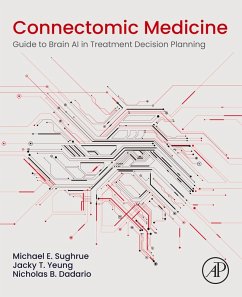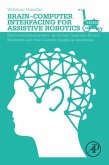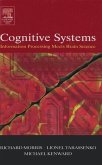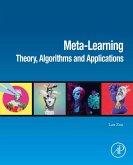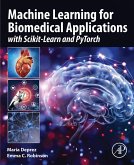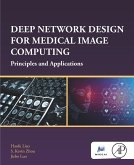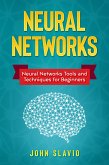Connectomic Medicine: A Guide to Brain AI in Treatment Decision Planning examines how to apply connectomics to clinical medicine, including discussions on techniques, applications, novel ideas, and in case examples that highlight the state-of-the-art. Written by pioneers, this volume serves as the foundation for all neuroscience clinicians/researchers venturing into the field of AI medicine, its realistic applications, and how to integrate AI connectomics into clinical practice. With widespread applications in neurology, neurosurgery and psychiatry, this book is appropriate for anyone interested in cerebral network anatomy, imaging techniques, and insights into this emerging field.
- Empowers readers to utilize clinically applicable AI platforms to enhance current neurological and psychiatric practices
- Provides understanding on how brain connectomics pertain to patients with brain-related ailments
- Serves as a guide towards maximally using existing connectomics software
- Details relevant clinical and radiological background
Dieser Download kann aus rechtlichen Gründen nur mit Rechnungsadresse in A, B, BG, CY, CZ, D, DK, EW, E, FIN, F, GR, HR, H, IRL, I, LT, L, LR, M, NL, PL, P, R, S, SLO, SK ausgeliefert werden.

